Welcome to the Rana Lab
The Rana Lab studies the fundamental mechanisms of RNA biology and chemistry, integrating advanced AI and machine-learning modeling to uncover disease pathogenesis and translate new discoveries into innovative therapies. Our findings revealed RNAi, basic structural and functional features of RNA, and catalytic functions of ribonucleoprotein complexes that are required for gene silencing in human cells. Our team further developed new lipid nanoparticle strategies to deliver nucleic acids and vaccines. Fundamental rules for RNA chemical modifications to stabilize functional RNAs in vivo and prevent undesired immune activation, RNA-targeting small molecules, and delivery technologies developed by our group have been licensed by pharmaceutical companies leading to several approved medicines and clinical trials. Some examples of these medicines include: LEQVIO (inclisiran), ONPATTRO (patisiran), AMVUTTRA (vutrisiran), GIVLAARI (givosiran), OXLUMO (lumasiran), and EVRYSDI (risdiplam). Additional work from our team had a major impact on several areas of biology and medicine: (a) mechanism of microRNA function and RNA phase separation; (b) human retroviral host restriction factors and RNA phase separation; (c) reprogramming and differentiation of human induced pluripotent stem cells; (d) human brain and lung organoid models to study disease and develop new therapies; (e) the role of RNA methylation in immunity, virology, and cancer foundational to virology and immunity epitranscriptomics. Graduate students and postdoctoral fellows receive multidisciplinary training in our laboratory, and many have successfully established independent careers and hold leadership positions in both academia and industry.
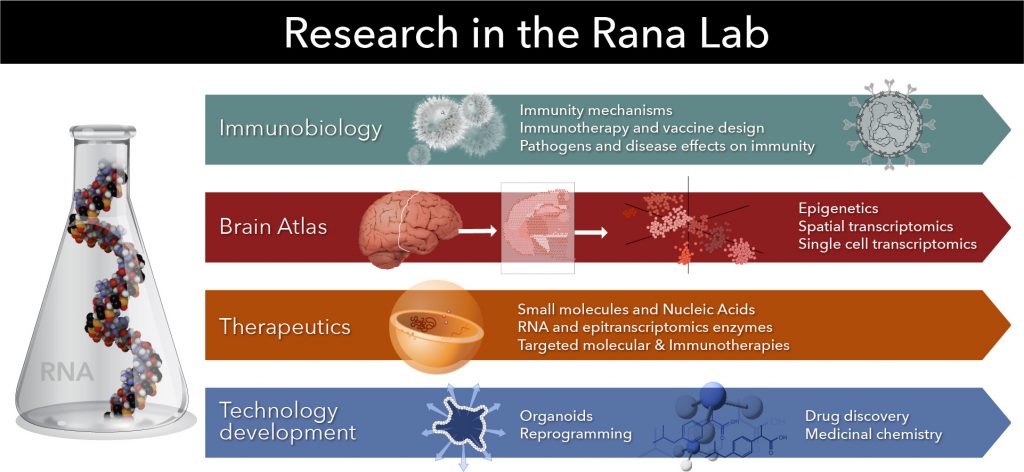
Our research is broadly divided into four interconnected areas (see Research for details). For examples of our team’s pioneering work, see Publications.

The lab is led by Dr. Tariq Rana, a Distinguished Professor and Chair of the Department of Cellular and Molecular Medicine at the University of California San Diego School of Medicine. As a multidisciplinary scientist, Dr. Rana explores the fundamental mechanisms of disease and applies his discoveries to develop innovative therapies for various human illnesses.
Featured Research
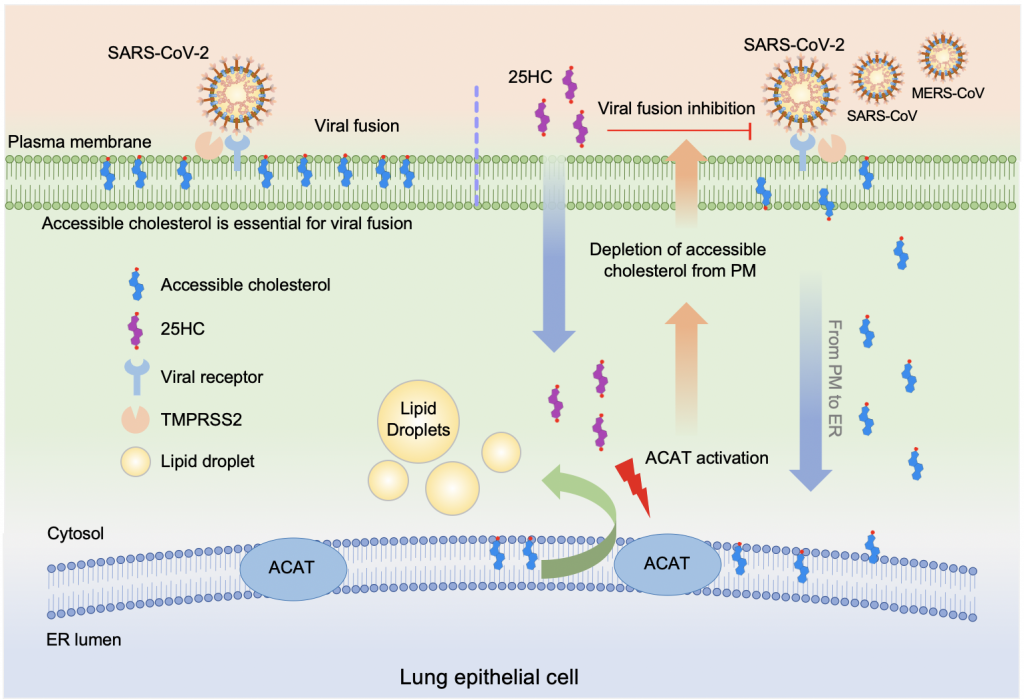
One of the interferon-stimulated genes (ISGs), cholesterol 25-hydroxylase (CH25H), is induced by SARS-CoV-2 infection in vitro and in COVID-19 patients. CH25H converts cholesterol to 25-hydrocholesterol (25HC) and 25HC shows broad anti-coronavirus activity by blocking membrane fusion. Wang, Li, et al., Oct 20
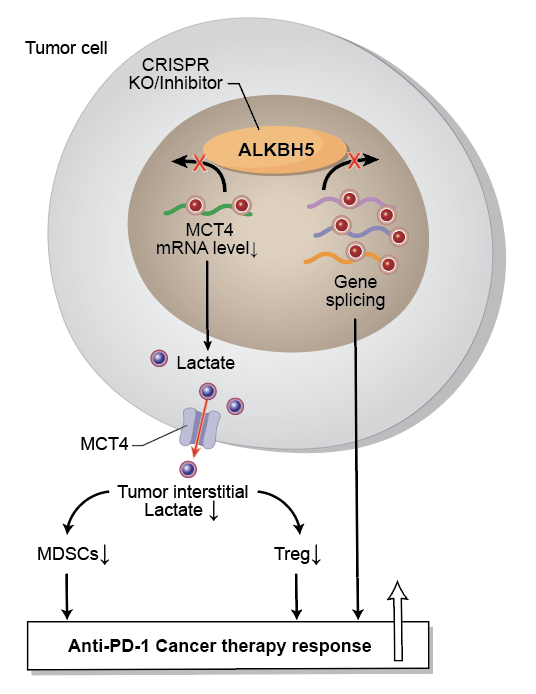
Cancer immunotherapy — a treatment that better enables a patient’s own immune system to attack tumors — has shown great potential against some cancers. Yet immunotherapy doesn’t work against all tumor types, and many patients who initially respond later develop resistance and relapse. UC San Diego researchers found that when an RNA-editing enzyme ALKBH5 is inhibited during cancer immunotherapy, metabolites in the tumor microenvironment change is such a way that fewer immune-suppressing cells accumulate, making the treatment more effective at shrinking tumors. Li et al., UCSD Health News Aug 2020
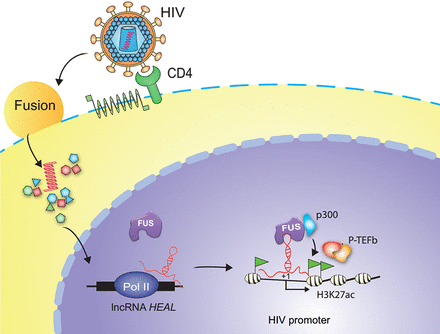
Using genetic sequencing, University of California San Diego School of Medicine researchers have identified a principal cellular player controlling HIV reproduction in immune cells which, when turned off or deleted, eliminates dormant HIV reservoirs. UCSD Health News Sep 2019
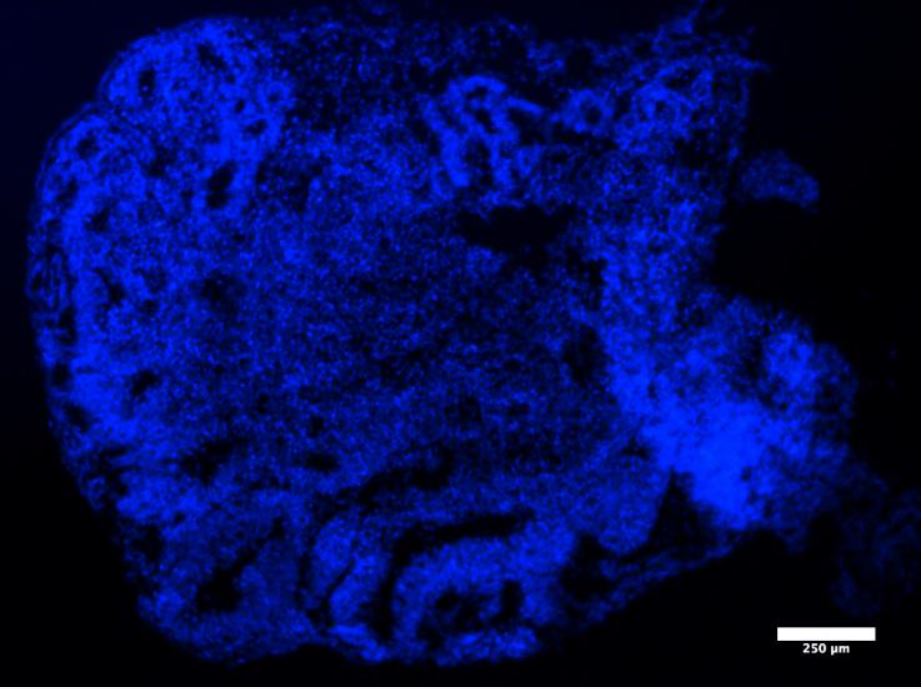
“Zika causes a fetus’s developing brain to essentially attack itself in a pregnancy, according to remarkable new research into the mosquito-borne virus. And there might be a way to stop it. As images of babies born with shrunken skulls continue to emerge from Zika-stricken countries, the research helps answer a persistent question of how, exactly, the virus arrests a baby’s development in utero” – Newsweek, May 2016
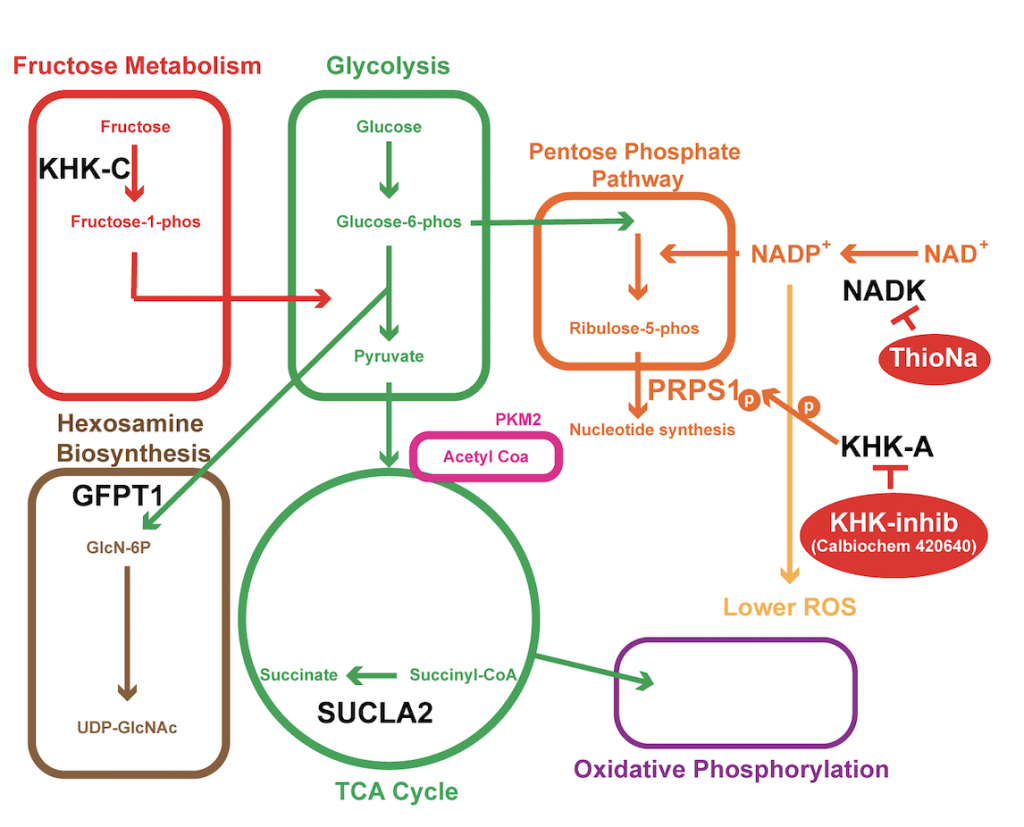
Cancers driven by mutations in the KRAS gene are among the most deadly. For decades, researchers have tried unsuccessfully to directly target mutant KRAS proteins as a means to treat tumors. Instead of targeting mutant KRAS itself, researchers at University of California San Diego School of Medicine are now looking for other genes or molecules that, when inhibited, kill cancer cells only when KRAS is also mutated. – UCSD Health Newsroom, September 27, 2017
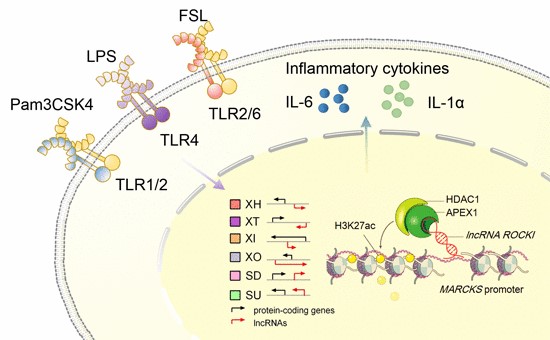
“There are many genes and proteins being studied for their roles in inflammation and innate immunity, as well as for drug design,” said Tariq Rana, PhD, professor of pediatrics at UC San Diego School of Medicine. “Yet only two percent of the human genome actually encodes proteins.” – UCSD Health Sciences, March 27, 2019
See more of our featured articles and news.